May is Healthy Vision Month so what better time to stock and focus on taking care of your eyes. A great place to start is to look at what you are eating. But, can food improve your eyesight?
Because vision problems have such a big impact on our quality of life as we age, it is important to start paying attention to what we can do to protect our eyesight as early as possible. Along with getting a check-up to make sure your prescription is up to date and the routine checks for eye diseases, what else can you be doing to make sure your eyes stay healthy?
Let’s take a look at some common eye conditions, how different foods and nutrients can help protect your eyes, and some ways to start eating more of them.
Table of Contents
How What You Eat Affects Your Eyes
Do you remember your mom telling you to eat your carrots because they would help you see better at night? Well, it turns out she was right. Not only are carrots good for your eyes and seeing at night, but we know there are a lot of other foods that can support your eyes and keep them healthy.
But it takes more than just eating carrots to keep our peepers healthy for the long haul. Our eyes are full of nutrients that, like our heart, brain, and other organs, keep them in tip-top shape.
Let’s take a look at some common eye conditions and how nutrition plays a role.
Macular Degeneration
Macular degeneration is when part of your retina, the macula becomes damaged. It is the leading cause of vision loss in people older than 65 and affects women more than men. It is often referred to as “AMD” or Age-Related Macular Degeneration.
>>Read more about AMD here >>
While there isn’t any treatment for AMD, there may be some foods you can eat to help delay its onset and keep your eyes healthy.
A large nationwide study, the AREDS study, was done over a period of close to 15 years to see if taking a variety of nutrients could slow the development of AMD and cataracts. The results for AMD showed a reduced risk of developing advanced AMD. Unfortunately, they didn’t see the same with cataract formation, but we’ll dive into what you can do below.
The nutrients included in the AREDs study included:
- Vitamin C
- Vitamin E
- Lutein
- Zeaxanthin
- Zinc
- DHA Omega 3 fatty acids
Glaucoma
Glaucoma is caused when too much fluid puts pressure on your eye. That pressure can damage your optic nerve which causes vision loss.
While genetics plays a major role in the risk of glaucoma, being overweight and eating a high saturated fat diet may also play a role. The research on nutrition and glaucoma is ongoing but many of the same foods that are recommended for other health issues may be helpful here too.
Eating more foods that are rich in antioxidants and lower in sodium can help keep inflammation and pressure down.
Cataracts
Cataracts are caused by a build-up of proteins in our eyes. They are a pretty common occurrence as we age but there are some easy things you can do to delay their onset.
Most eye doctors recommend keeping your blood pressure, blood sugar, and weight under control as two of the biggest things you can do to reduce your risk of cataracts.
Some research is also showing that cataracts form because of the oxidation of the proteins in our eyes. So eating a diet rich in antioxidants may help prevent or delay the onset of cataracts. Interestingly, the nutrients provided by food rather than supplements had the most benefit, which is what they found in the AREDs study.
Night Vision
Yup, mom said to eat your carrots so you could see at night, and turns out she knew what she was talking about!
As we get older, seeing clearly at night can become more difficult.
The good news is that research is showing that antioxidants and carotenoids, like beta-carotene found in carrots and lutein and zeaxanthin found in leafy greens, may contribute to better vision and night and less light sensitivity.
Nutrients That Are Important for Good Eyesight
- Vitamin A and beta-carotene
- Vitamin C
- Lutein
- Zeaxanthin
- Choline
- Vitamin E
- Omega 3 fatty acids
- Zinc
There are a variety of foods that are rich in these nutrients that help keep your eyes healthy and vision strong. Colorful fruits and vegetables, lean meats, and seafood. Some of the healthiest diets today are rich in all of these including the Mediterranean, DASH, or MIND diets. Any of these would be a great place to start to find foods that may improve your eyesight – or may at least help delay the onset of issues with your eyesight.
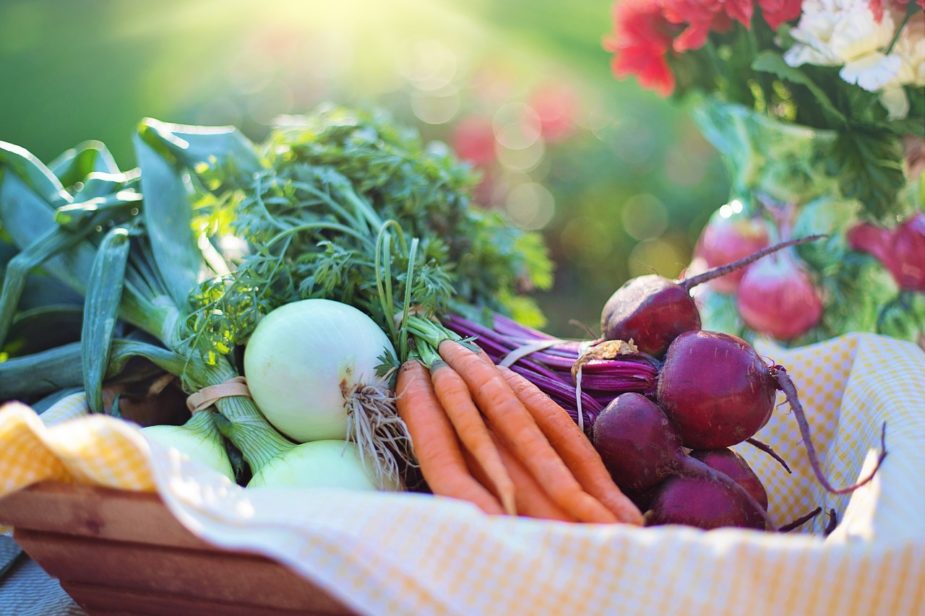
10 Best Foods For Eye Health
- Salmon
- Spinach and other leafy greens
- Eggs
- Citrus Fruits
- Avocados
- Mangos
- Nuts
- Red Peppers
- Chia and Flaxseeds
- Sweet Potatoes
Salmon
You may have heard that you should eat fatty fish like salmon to reduce your risk of heart disease, but it turns out, to be really important for healthy vision too.
The largest concentration of DHA omega 3s is in your retina and helps with its growth and development. That is why getting enough DHA is so vital when you are pregnant and breastfeeding.
But it’s a pretty powerful nutrient and will help your vision stay healthy as you age too. It can help protect your retina, reduce inflammation in your eyes, and may help you see better in different types of light.
Aim for 2 servings of seafood like salmon, trout, sardines, or tuna a week.
Leafy Greens
Leafy greens like spinach, kale, arugula, and watercress are full of Vitamin C and the carotenoids lutein and zeaxanthin. These are plant forms of Vitamin A and seem to reduce the risk of age-related eye diseases and support our overall vision health.
You’ll get more lutein from raw vegetables than cooked, and chopping the spinach or kale releases it from the cells so it is more available for you to absorb.
Want to add some to your soup or a casserole? Just mix it in at the end so it is only heated for a minute or two and you won’t lose that much!
Eggs
All right, let’s clear up any misconceptions about eggs right now. Eggs are indeed good for you! In addition to being a great source of protein, eggs contain a variety of nutrients that are important for good eyesight. Zinc, choline, and the carotenoids lutein and zeaxanthin are all found in abundance in eggs.
Zinc helps with the absorption of lutein and zeaxanthin while choline helps with tear production and helps to repair cells on the surface of our eyes and keeps our retina healthy. There is even some research that indicates that choline deficiency may be related to glaucoma and dry eyes.
So, how many eggs should have a week? Honestly, the old 3-a-week recommendation is way outdated. 4 – 7 a week is probably just fine for most people. Enjoy them in a veggie omelet, on a breakfast sandwich, or sliced on top of a leafy green salad for a quick lunch.
Citrus Fruits
Oranges, grapefruit, lemons, and limes are known for their vitamin C content, a powerful antioxidant that can support your immune system and overall health. It may also have a role in protecting against cataracts.
Oxidation plays a part in the development of cataracts. Think about an iron railing with a chip in it. Exposed to the elements it oxidizes and starts to rust. If that railing had a protective coating, that wouldn’t happen. The thought is that vitamin C, an antioxidant, may help at least delay the onset of cataract formation.
Research is ongoing, but most so far has found that eating fruits and vegetables rich in Vitamin C is much more effective than taking high-dose supplements. So, add some sliced lemon to your afternoon glass of water, add oranges to your salads, or enjoy some fresh grapefruit with your breakfast.
Avocados
Avocados have been all the rage and with good reason. In addition to their high lutein content, they also are rich in fat which helps your body absorb it. You can see why my colleagues and I love avocados in this Parade magazine article.
While they are a great source of nutrition, portion size is still important. They are high in calories so slathering guacamole on your taco, or on toast in the morning is okay, aim to keep it to a half of a small avocado.
Mangos
This tropical fruit is a delicious source of vitamin A, along with those 2 important carotenoids for eye health, lutein, and zeaxanthin. The thought is these carotenoids may help build up the macula and may help reduce the risk of macular degeneration.
Enjoy a mango on its own, mixed into a fruit salad, or try this mango salsa over fish or chicken for a fresh twist.
Nuts
All nuts have a role in protecting our eyes. Walnuts with their high omega 3 content are a great choice for eye health.
Almonds are full of vitamin E, an antioxidant that can protect our eyes from oxidation and potentially slow the development of macular degeneration. Vitamin E deficiency has been found to weaken the light receptors in our retina.
Pistachios are the richest nut source of lutein and zeaxanthin. They are what give the nut its beautiful green color and can help protect us against the damage from blue light.
A handful of mixed nuts are a great afternoon snack. You can also enjoy them chopped and tossed with roasted vegetables, mixed into oatmeal, quick bread, and muffins, or on top of yogurt.
Red Peppers
Like so many other fruits and vegetables listed here, red peppers are full of vitamin A, vitamin C, antioxidants, and carotenoids like beta-carotene, lutein, and zeaxanthin.
That beautiful red color adds brightness to salads and sandwiches as well as keeps our eyes bright! Keep in mind if you roast them or cook them they will lose a little of their power so cook them until they are just slightly crisp to keep as much of the antioxidants as possible.
Seeds
Along with the ever-popular chia seed, flax seeds and sesame seeds are also foods that are good for your eyesight and vision health.
Chia seeds and flax seeds are rich in the plant form of omega-3 fatty acid, ALA. This fatty acid gets converted to DHA in our body and helps support our retinal health. Add chia seeds to overnight oats for the nutritional benefits but they will also help reduce the extra liquid.
Sesame seeds, and the paste made from them, tahini paste are rich in vitamin E that help protect against oxidation and damage from free radicals.
A great way to use tahini is to make it into a light dressing with some olive oil, lemon juice, and vinegar. Toss that with couscous and vegetables for a delicious grain salad.
Sweet Potatoes
Sweet potatoes and other yellow and orange vegetables like carrots and squash are full of vitamin A and the antioxidant beta-carotene. Turns out mama did know best. These nutrients help protect our night vision, especially as we get older.
Serving them with a little oil or other fat will help your body absorb the beta-carotene so you get the maximum benefit. Roast winter squash or carrots with olive oil and toss them with some nuts, or make try this curry sweet potato stew.
Are There Foods That Aren’t Good For Your Eyes?
While there are foods that can support healthy eyes, are there foods that aren’t good?
There are a few things that are best to limit and they are similar to what you probably know you should limit for overall health anyway! Foods that are high in fat, saturated fat, and trans fat are not good for your eyesight.
So, similar to the MIND diet that is good for brain health, limiting fried foods, pastries, butter, and cheese would be a good place to start to keep your eyes healthy.
Other things that are important include keeping your blood pressure under control and keeping your blood sugar stable if you have diabetes or pre-diabetes. These will help keep the pressure on your eyes to a minimum and decrease plaque build up too.
So, watch your salt and added sugar intake and get plenty of exercise and sleep which will help keep both in better control.
Should You Take a Supplement?
Maybe…that isn’t a great answer, but honestly, the jury is still out. If you are at risk for macular degeneration, most eye doctors do recommend specific eye supplements that contain vitamins A, C, and E, lutein and zeaxanthin, zinc, and omega 3 fatty acids.
If you choose to take a supplement, look for one that has the USP seal, or the NSF seal on the label. These seals mean the supplement has been tested and contains the amount and potency of the ingredient it says, it doesn’t contain harmful contaminants, and it will break down and be released in your body in the time it says it does.
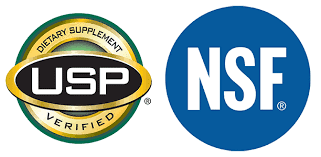
You can also check the Consumer Labs or Labdoor.com websites and see if your supplement has been tested and how it ranks.
I know, really, there needs to be a special seal or website? Unfortunately yes because FDA doesn’t regulate supplements the way they do food so there is more of a chance of not getting what you are paying for.
The first step should be to start adding more fruits, vegetables, seafood, nuts, and seeds to your diet. They will protect more than just your vision. Start by just adding one more serving of vegetables with your lunch or dinner and add some nuts to one of your meals.
What Else Can You Do to Protect Your Vision Health?
Most importantly make sure you see your eye doctor yearly. But also wear sunglasses and a hat when it is bright out, get regular exercise, and try to avoid too much screen time.
Easier said than done? It’s important to give your eyes a break from your computer every so often. Even just a few 5-10 minute breaks during the day are helpful. Read a print magazine (are there any left?) or take a quick walk outside or just get up and grab a snack of mixed nuts!
Resources for Eye Health
American Academy of Ophthalmology
Macular Degeneration Foundation
References
https://www.ncbi.nlm.nih.gov/pmc/articles/PMC1473211/
https://www.ncbi.nlm.nih.gov/pmc/articles/PMC1458765/
https://www.ncbi.nlm.nih.gov/pmc/articles/PMC5611842/
https://www.sciencedaily.com/releases/2018/12/181221123810.htm
https://www.ncbi.nlm.nih.gov/pmc/articles/PMC8124599/

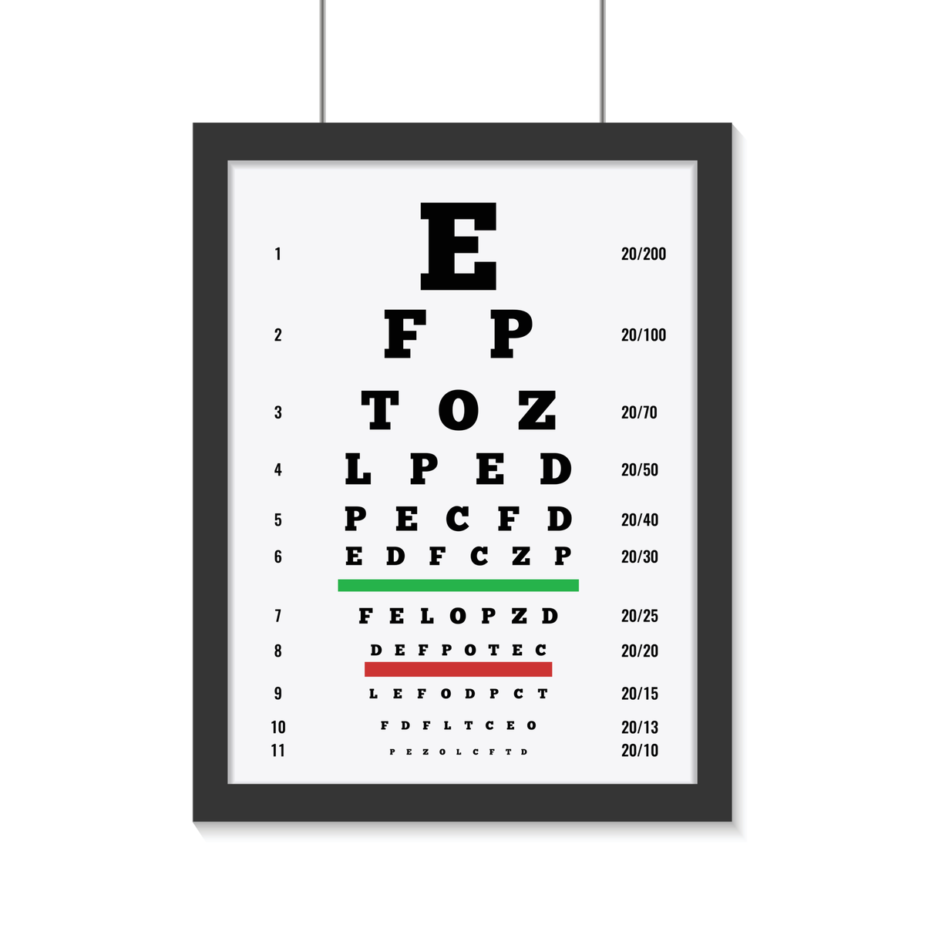
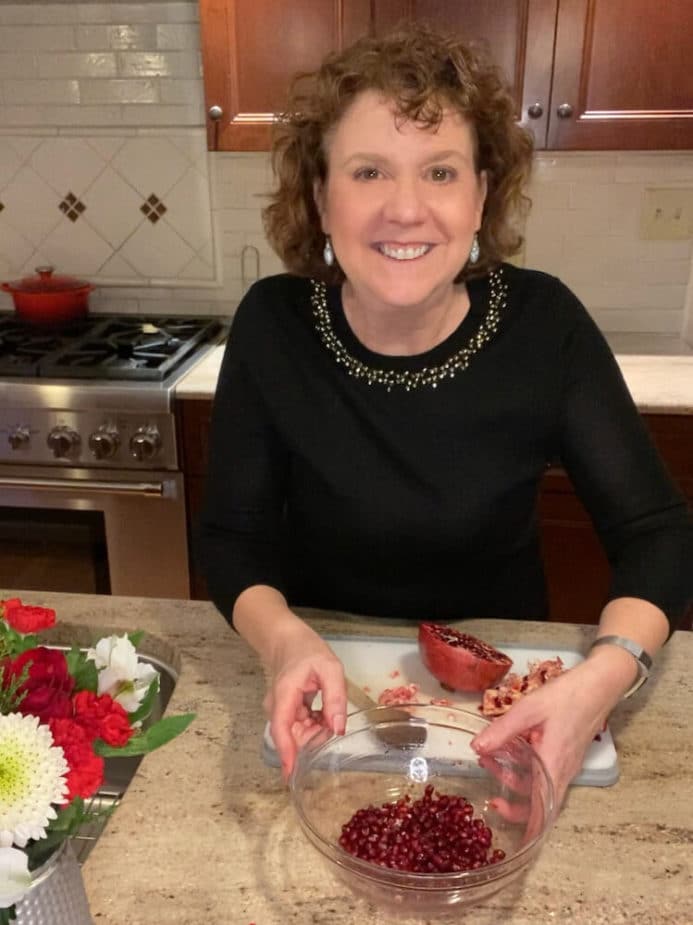
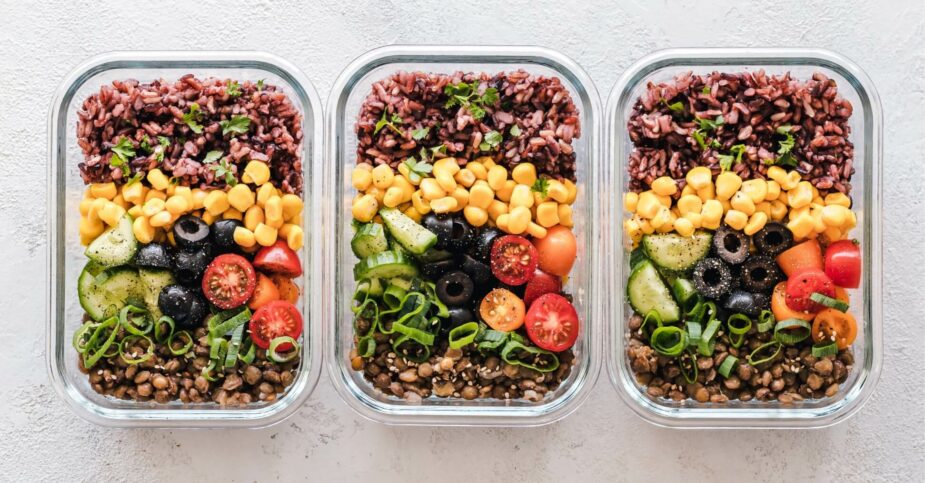
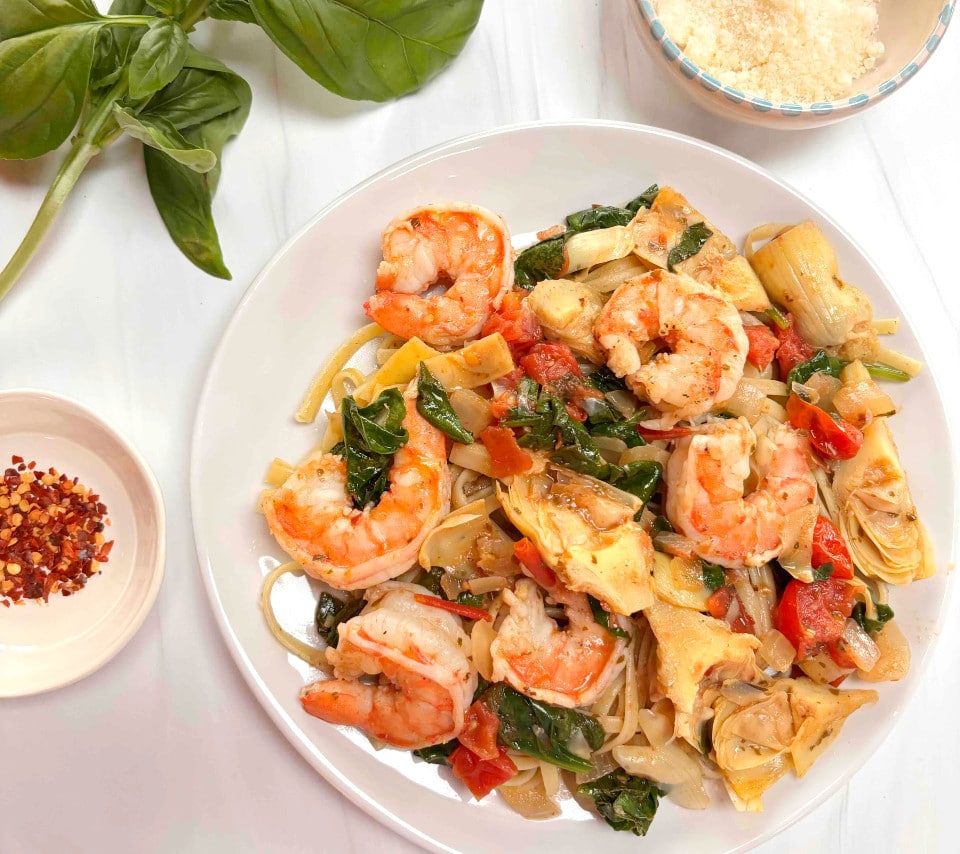
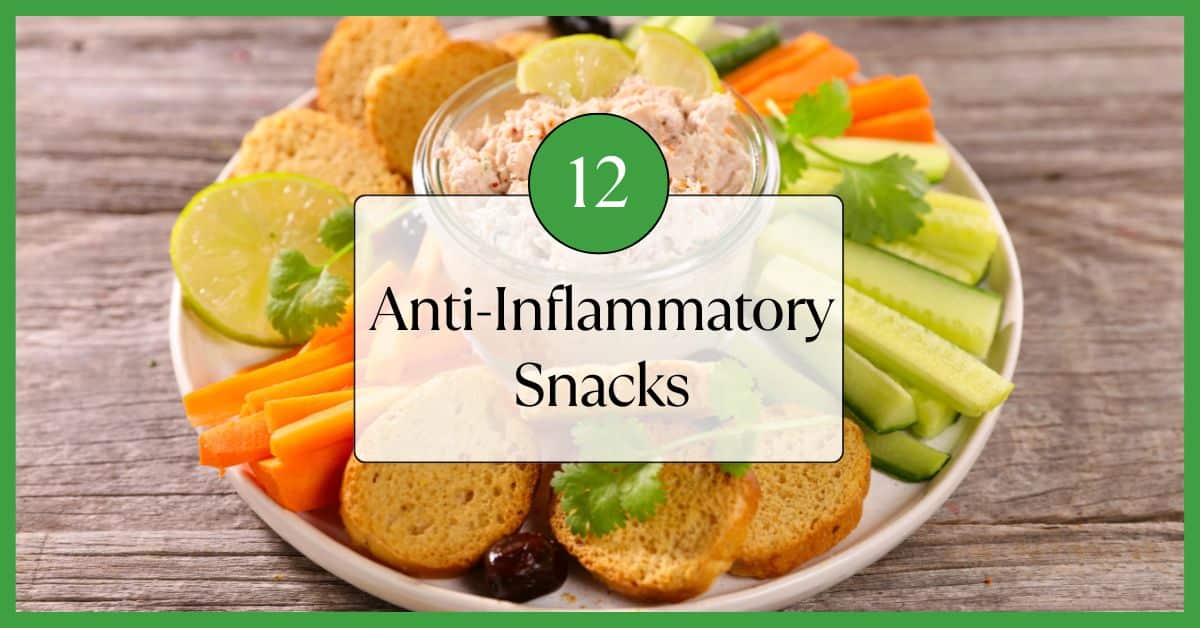
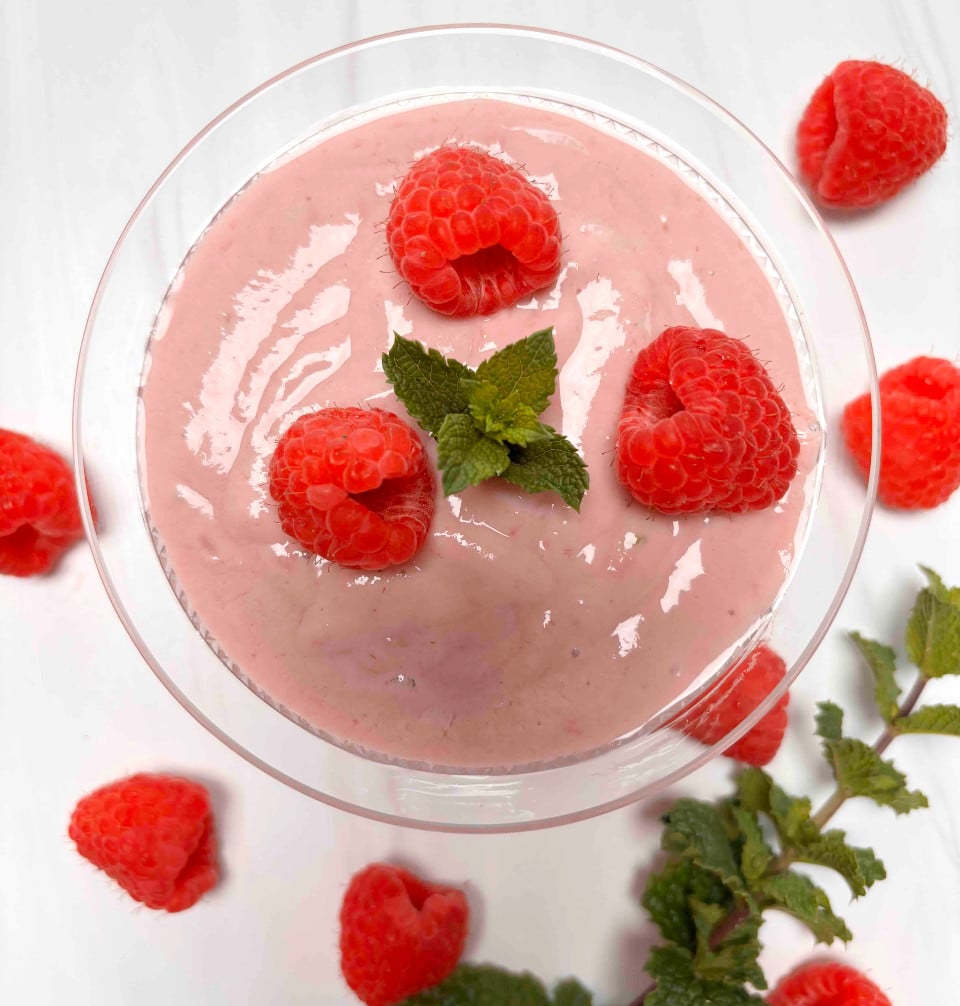

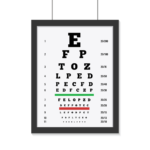
1 thought on “Keeping Your Eyes Healthy: Can Food Improve Your Eyesight?”
Pingback: The Perfect Fall Brussel Sprout Salad - An Easy Side - Laura M. Ali, MS, RDN, LDN